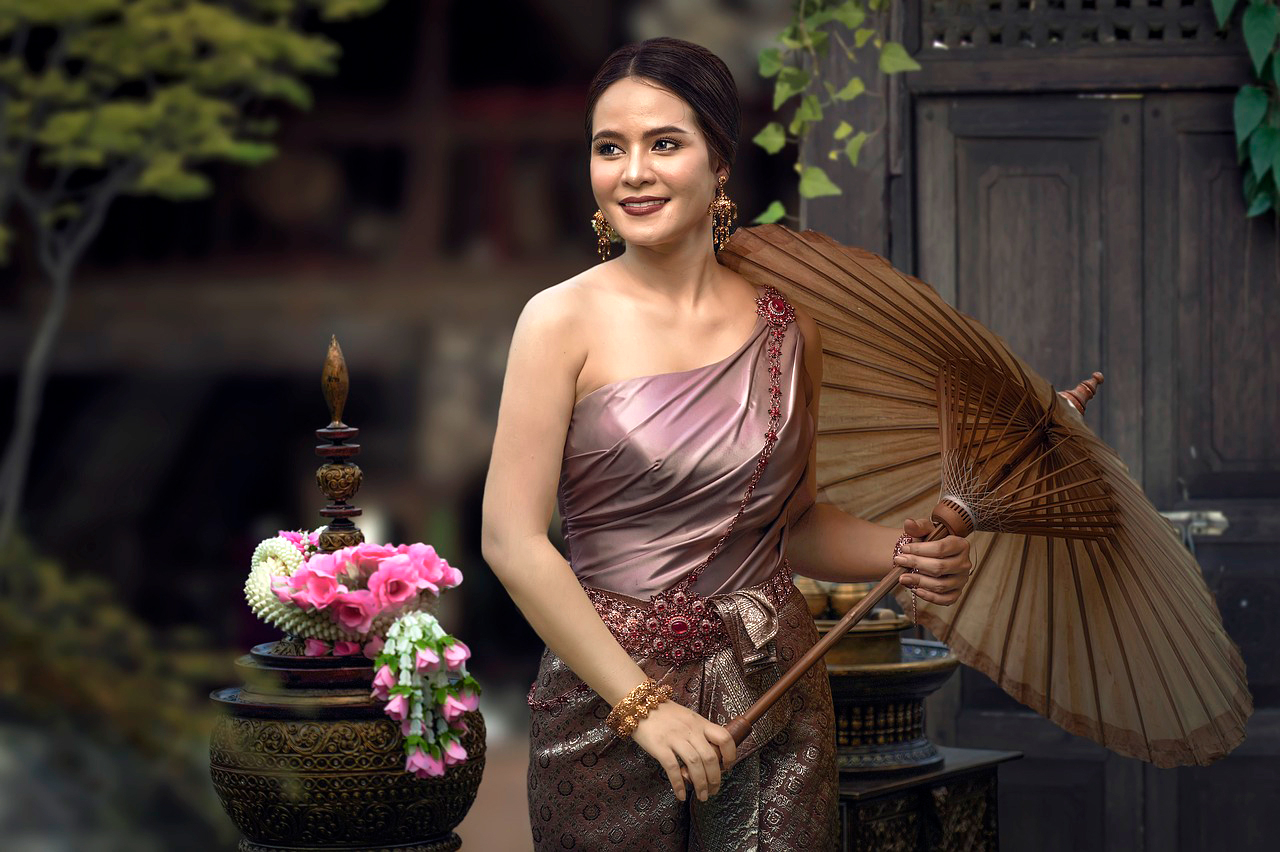Exploring cross-cultural marriages: Insights into Thai matrimonial traditions and expectations

The old-fashioned term “mail order brides,” particularly associated with Thailand, is laden with misconceptions and stereotypes. The reality of these transnational marriages is intricately linked with Thailand’s cultural richness and its contemporary societal shifts. This article will explore the historical and cultural contexts, the significant role of marriage within Thai culture, the evolution from outdated labels to modern understandings of cross-cultural unions, the relevant legal frameworks, and the challenges commonly faced.
This exploration delves into the dynamics of cross-cultural marriages involving Thai partners, offering insights into their complex and nuanced nature.
Historical and cultural context of marriage in Thailand
Understanding what’s historically referred to as Thai mail order bride requires a look back at the history and evolution of marriage practices within Thai culture. Culturally, Thai society placed immense importance on family and social hierarchy, factors that heavily influenced marital arrangements and perceptions. Over the years, as global influences permeated, these traditional practices merged with modern norms, creating a unique confluence of the old and the new.
In traditional Thai culture, marriage is not just a union between two individuals but a merging of two families, often with a focus on improving social status and economic stability. This deeply rooted value system still impacts how marriages are viewed and arranged in contemporary Thailand, although personal choice and romantic love have started to play a more significant role over time.
Cultural significance of marriage in Thai society
In Thailand, the institution of marriage carries deep cultural significance and is intricately linked to family responsibilities and social standing. The decision to marry often involves considerable input from family members, with an emphasis on upholding family honor and continuity. Here are some key cultural aspects linked to marriage in Thailand:
- Family involvement. Families typically play a crucial role in the matchmaking process, sometimes even arranging marriages for their children to ensure the alignment of social and economic benefits.
- Social status. Marriages can often be strategic, aimed at elevating or maintaining a family’s social status within the community.
- Cultural traditions. Numerous rituals and traditions surround Thai weddings, each adding layers of cultural meaning and significance to the union.
Of course, all this may sound unusual, but all these cultural differences cannot stand in the way of a great relationship with Thai women, so let’s move on.
Online dating platforms
Despite the somewhat misleading old-fashioned terminology, the reality is that individuals utilise online dating platforms to seek international partners. This pursuit is often driven by a variety of motivations, including economic betterment, the allure of cultural exchange, and the desire for romantic connections that transcend geographical boundaries. The following section examines the reasons why some Thai women opt for this path:
- Economic stability. Many women see marriage to a foreigner as a way to secure financial stability for themselves and their families.
- Cultural exchange. The opportunity to experience new cultures and lifestyles can be a strong draw.
- Romantic love. The desire to find a life partner regardless of nationality, driven by personal connections and emotions.
Still, you need to understand that all women are different and have different reasons to look for foreign men, so don’t generalise to everyone.
Legal aspects and regulations
The pursuit of a marriage with a Thai citizen involves navigating a complex array of legal and bureaucratic challenges. Among these, understanding visa requirements is crucial, particularly the K-1 visa, often called the fiancé(e) visa. This visa allows a Thai fiancé(e) to travel to the United States to get married. Once in the U.S., the couple must marry within 90 days of the Thai fiancé(e)’s arrival, after which the Thai spouse can apply for an adjustment of status to become a permanent resident.
There are also marriage registration processes that couples need to follow to make sure their marriage is legally recognised in Thailand. This process involves submitting various documents, such as identification and proof of single status, to Thai government officials.
The role of international marriage brokers is significant. These brokers often facilitate introductions and communication between potential spouses, but their involvement is regulated under laws such as the International Marriage Broker Regulation Act (IMBRA) in the United States. This act aims to protect foreign brides from potential abuse by requiring background checks on American clients and limiting the number of visa applications if the American has a history of certain violent crimes. Potential foreign spouses must be well-informed about these procedures to make sure their union is legally recognised both in Thailand and their home country.
Challenges and controversies
The topic of transnational marriages involving Thai women is fraught with ethical concerns and practical challenges. Issues such as exploitation, cultural misunderstandings, and the stereotyping of Asian women frequently emerge, complicating the narrative surrounding these relationships. Couples in such unions often encounter a range of obstacles:
- Cultural differences. Varying cultural expectations can lead to misunderstandings and conflicts in everyday life.
- Legal issues. Be sure compliance with international marriage laws can be daunting and complex.
- Acceptance. Both partners may face skepticism or disapproval from their respective communities.
Of course, there are misunderstandings and challenges in every relationship, but if you really want to find a Thai wife, they can easily be overcome, rest assured.
Conclusion
The subject of transnational marriages, especially those involving Thai women, encompasses a broad spectrum of cultural, legal, and personal dimensions. By examining the historical context, cultural importance, legal frameworks, challenges faced, and individual stories, a more rounded understanding of this complex issue emerges. As globalisation continues to shrink the world, the nature of international marriages will likely evolve, reflecting new global dynamics and the timeless human quest for companionship and love.
This discussion aims not only to clarify the complexities of these relationships but also to illuminate the intricate tapestry of cultural traditions and modern realities that frame them. It is a topic that encapsulates the challenges and opportunities of living in an interconnected world where love, culture, and legality intersect in myriad ways.
The editorial unit






















Facebook
Twitter
Instagram
YouTube
RSS